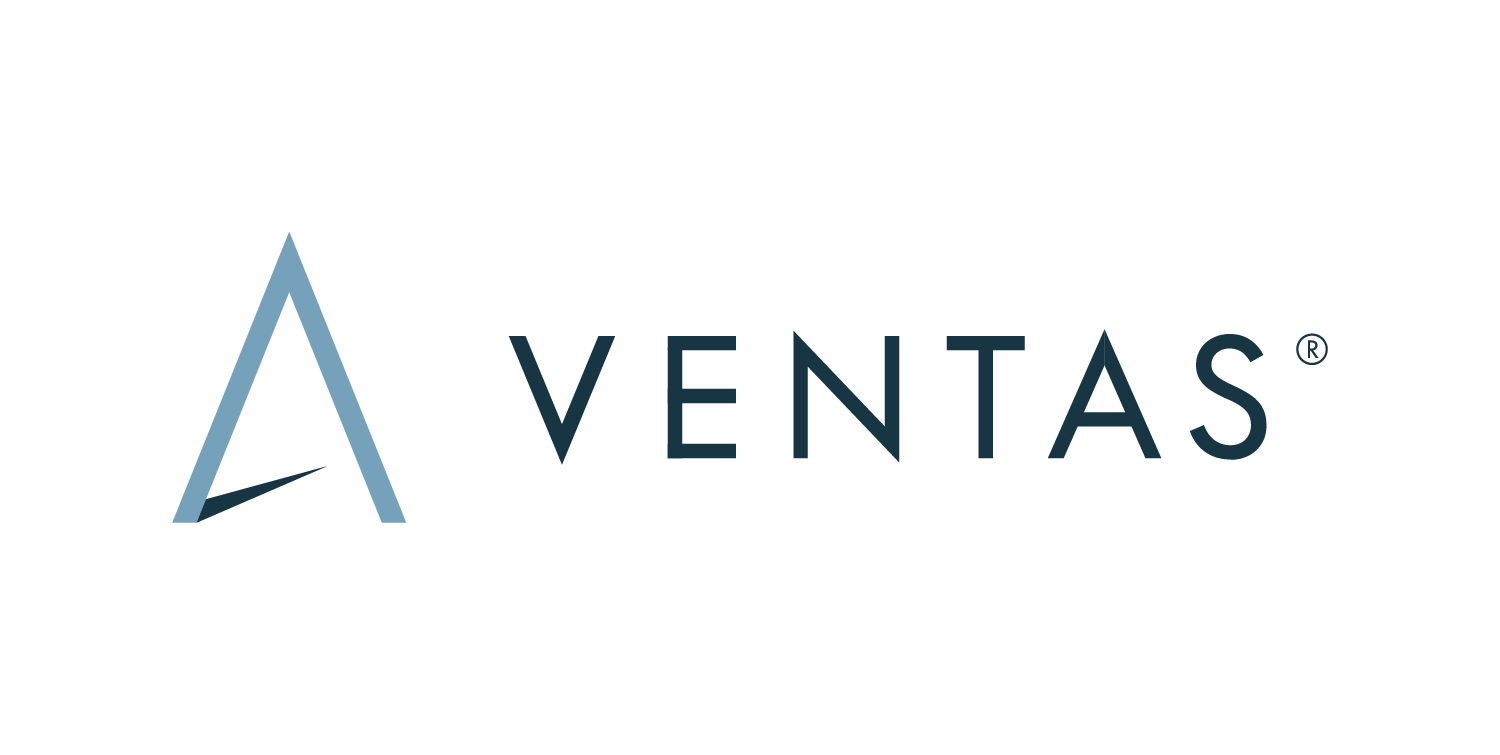Highlighting her experiences as an intern, Shelby Geraci offers some great advice on the best practices of being an intern. Shelby is a corporate communications associate for the U.S. Silica, a leading producer of industrial minerals. Turning her internship into a full time position, Shelby shared her story in this interview conducted by Jane Horowitz, More Than A Resumé.
Did you have a specific career plan when you started college?
Not specifically, although I knew I wanted to do something that included writing, editing and public speaking. I just didn’t know what career fields would allow me to use those talents. I’m a communications major at Lancaster Bible College, and although it’s opened a lot of doors, it’s through the volunteer opportunities I took advantage of, and my internship at U.S. Silica that helped identify a career field.
Tell me about your parents.
I credit my parents for helping me discover my talents. They saw I had a knack for speaking in front of crowds and were very supportive. From an early age, I was encouraged by them to speak in church, at school and other events. I loved doing it. My parents own a mobile locksmith business, and always said to me, “Get a job doing something you love. Then you’ll never work a day in your life.” I love the work I am doing and going into work every day.
What were some of your early experiences that prepared for your internship?
In school, if there was an opportunity to write and edit I took it. I’ve written for the school’s magazine, newsletters and other publications. I volunteered to write the Communications Department’s handbook, working alongside the department chair. I tutored in the Writing Center as well and took a summer job writing copy for a plumbing website. I never passed on an opportunity that would help me hone my skills.
Tell me about your experience interviewing for the internship.
I think it was a typical experience. The hiring process included two phone interviews with Human Resources, a day of back-to-back interviews, and then again with Human Resources. I submitted writing samples because the internship was in the corporate communications group. The people I met with told me how impressed they were with the portfolio of work I was able to present. I was grateful I had a breadth of writing experience.
What steps did you take to make sure you developed and learned skills from your internship?
I think the most important question you can ask is, ‘what can I do better?’ The second is, ‘what else can I do?’ When you ask your co-workers and boss ‘what can I do better?’ you must be open, accept the feedback and then do something with what s/he said to you. People will see that the work is important to you and that you are intent on improving and developing your skills.
With co-workers, my boss and other people I worked with from other departments, I often ask ‘what else can I do?’ not to keep myself busy but to learn. I took advantage of every opportunity. As the summer progressed, I was given more and more responsibility. I worked hard to earn their trust.
Although there are probably stupid questions, it’s never stupid to ask for explanation or clarification when something is new to you or unclear on an assignment. I find that people really appreciate the opportunity to clarify regardless of how busy they might be. If you get it wrong, then you’ve just made more work for you and the project lead.
Although you haven’t graduated yet, you are a full-time employee with U.S. Silica. What steps did you take to turn your internship into a full-time position?
Before the internship ended, I asked for feedback on my work and let them know I was available for part-time work. I had already scheduled my classes so that I did not need to be on campus on Fridays and I knew that my course load allowed for part-time work during the week. When it came time to hire a full time employee for the group, I was their first choice. Everyone had agreed it was doable and so I worked remotely during the week and in the office most Fridays. It will take me four years instead of two to graduate college and I’ve had to become an expert in time management, but it’s all worth it. The U.S. Silica has been very accommodating throughout the process.
What advice do you have for college students who are interning this summer?
It’s important to take the work seriously and do the best work you can, even if it feels trivial to you. It shows that you respect the work and the people you work with every day. Take on responsibility. The more you do, the more you get to know other people in the company and the work they do; and the more willing you are to help others, the greater the opportunity is for you. You will have a lot of people in the company who can speak to your talents. Always ask for feedback and advice and then do something with the information people are giving you.
Do you have internship advice to share with your peers? Please submit your request for an interview at info@morethanaresume.com . Please include your college, major and graduation year.






